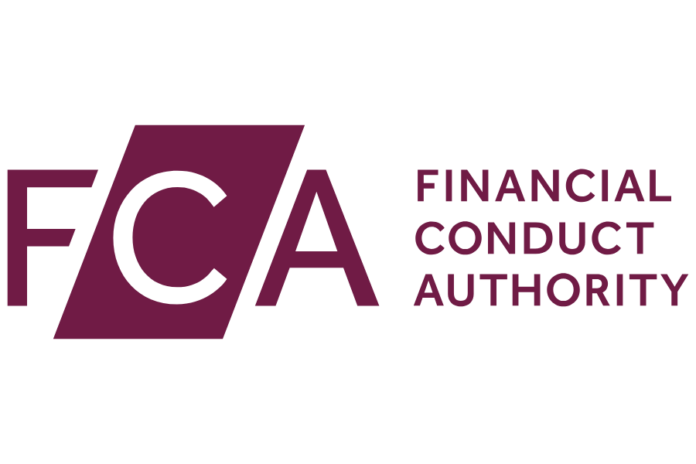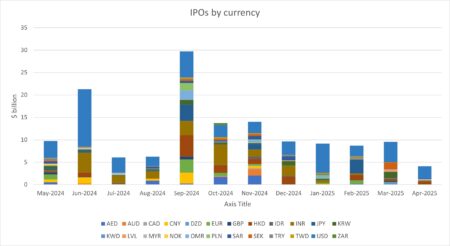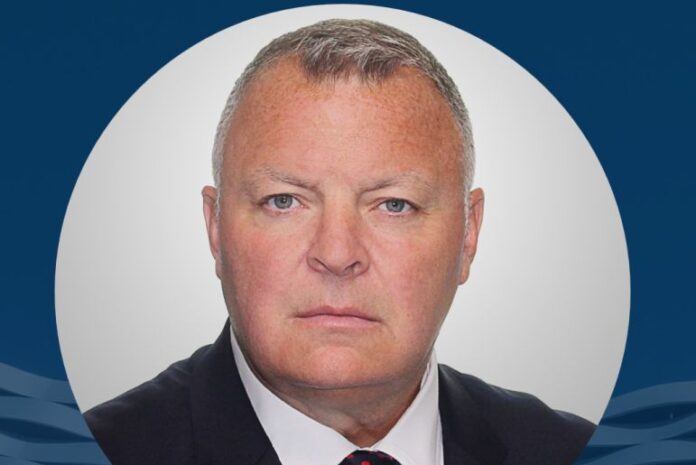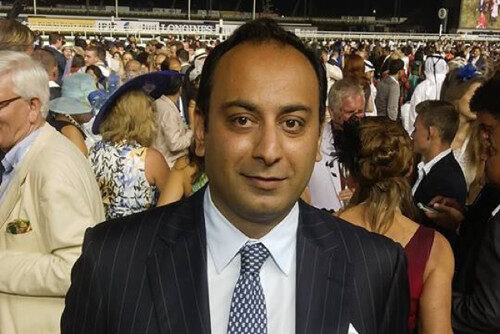The FCA has released the final rules for its Private Intermittent Securities and Capital Exchange System (PISCES), with shares expected to be traded later this year.
PISCES allows private company shares to be traded on an intermittent basis, giving investors access to the considerable capital that has shifted to private markets in Europe and the UK over recent years.
READ MORE: Firms ditch European listings for private ownership
Concerns have been raised around the transparency requirements of PISCES, after respondents to the FCA’s April consultation argued that the proposed amount of information disclosure required from firms should be reduced to align with private market practices.
Respondents listed by the FCA include the London Stock Exchange Group, UK Finance, and AFME.
In the final rules, the FCA has maintained and clarified the details of its core disclosure requirements. The proposal of a mandatory sweeper model to provide additional disclosure information was opposed by participants, and has not been taken forward. Participants also argued that an ask model for additional information should not require companies to respond.
Andrew Telling, head of knowledge management at global law firm Taylor Wessing, told Global Trading: “It’s a novel approach to disclosure. The statutory liability regime should focus minds, though not seeking to emulate a listed markets approach. The ‘ask-model’, enabling potential investors to ask for additional disclosure, should be a useful additional tool. It remains to be seen how the ask-model will work in practice, with the FCA leaving a lot to be set out by PISCES operators in their applications to operate and subsequently in their own rules.”
Investor access to PISCES platforms will be limited to institutional investors, high-net-worth individuals, sophisticated investors and employees of participating companies, the definitions of which are outlined in the FCA handbook.
A wide range of private companies will be eligible for PISCES, with the FCA expecting to see significant differentiations in operators’ platforms. Those running the systems will be able to determine the frequency of windows in which shares can be traded, how a selling company discloses and, to some extent, the type of investors using their system.
Connor Cahalane, partner at law firm RPC, commented: “[PISCES is] a welcome attempt to broaden access to the UK’s public markets […] but it’s not a replacement for a full listing, which remains the most effective route to raising significant capital and accessing deep, sustained liquidity.
“It should be seen more as a stepping stone – a way to help businesses prepare for the demands and scrutiny of the Main Market or AIM, rather than avoid them.”
It will be operated in a sandbox until 2030, when a permanent regime will be established. Pre-application advisory services opened earlier this year. Fees for the service will be consulted on in December.
Proposals for PISCES were published by the FCA in December 2024, with the Treasury releasing a statutory instrument to Parliament by May.
READ MORE: PISCES progresses with FCA proposals
At TradeTech earlier this year, Jon Relleen emphasised the value of PISCES: “We don’t want these kinds of cliff edges between public and private markets. PISCES has been about reducing that. We understand there is a demand for a regulated marketplace around some second market transactions in the private space.”












